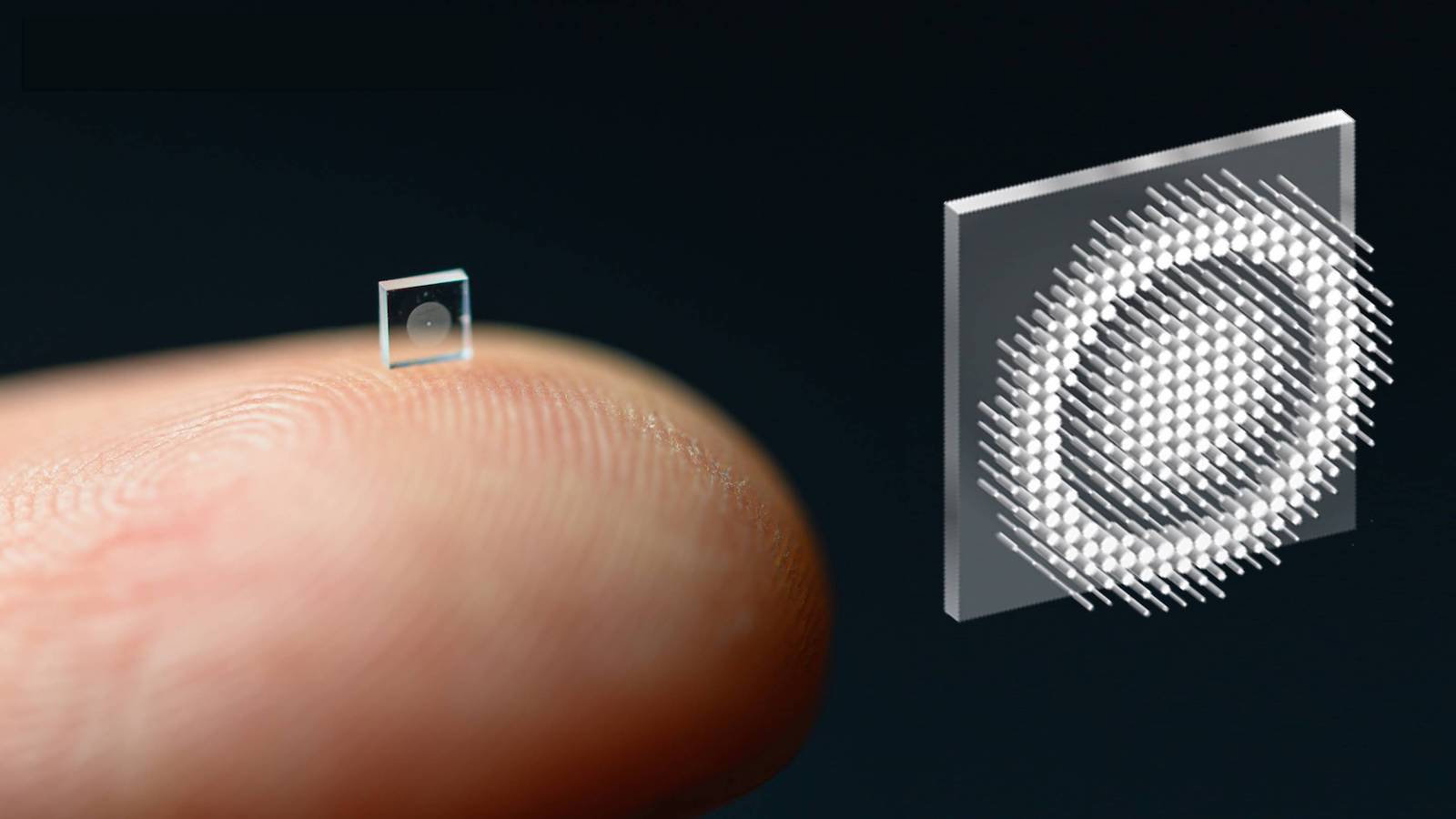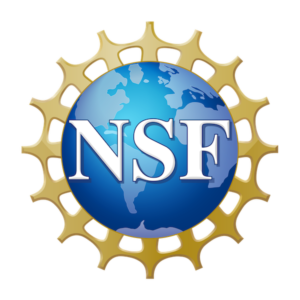Ultrathin and flexible forward-viewing endoscopes, also known as angioscopes, are of critical importance for treating many cardiovascular diseases, including stroke and heart attacks, both of which are among the leading causes of death in the United States. Due to basic limitations of conventional refractive optics, modern angioscopes are made from a bundle of over a thousand glass fibers: a 50-year-old technology with resolution that is too low and a stiffness that is too high for important potential applications. To reach diseased coronary arteries and strokes deep inside the brain, angioscopes need to be more flexible and the rigid tip length must be reduced to only a few times the width of a human hair.
This research project at the interface between nanophotonics and bioengineering aims to develop technologies for miniaturized angioscopes, combining emerging optical hardware with artificial intelligence-enabled software image reconstruction.
Meta-optics provide many degrees of freedom to design completely new types of optical elements. Multi-scale electromagnetic simulation coupled with optimization techniques have already enabled design of a meta-optic combining functionalities of multiple optical elements. In conjunction with a computational backend, meta-optics that also capture aberration-free images in full color should be possible.
Combining computational inverse methods based on machine learning, semiconductor nanomanufacturing, and techniques from medical instrumentation, including advanced saline flushing, this project aims to create a micro-imaging system with 250-micron aperture and 100-micron rigid tip thickness, which will capture full-color images in a 100-degree field of view with cellular resolution. Along with academic researchers from basic science and engineering disciplines, this project includes partners associated with startups commercializing meta-optics and endoscopes as well as minimally invasive, interventional surgeons specializing in cardiovascular diseases.
Principal investigators on the National Science Foundation Growing Convergence Research (NSF GCR) grant #2120774 are UW professors Karl Böhringer, Steve Brunton, Arka Majumdar, and Eric Seibel. The project is advised by Dr. Luis Savastano of UC-San Francisco, and includes Tunoptix and VerAvanti as commercial partners.
NSF GCR supports transitioning teams from research that is multidisciplinary to research that transcends disciplinary boundaries with novel conceptual frameworks, theories and methods.
Preliminary research was funded in part by the U.S. Defense Advanced Research Projects Agency (DARPA).




